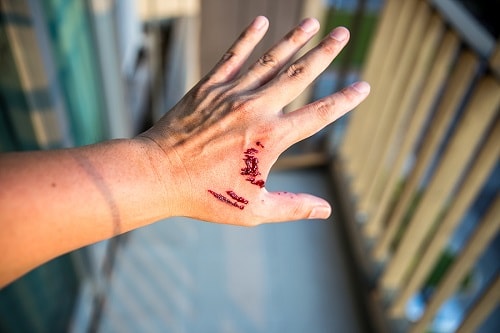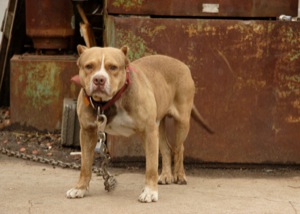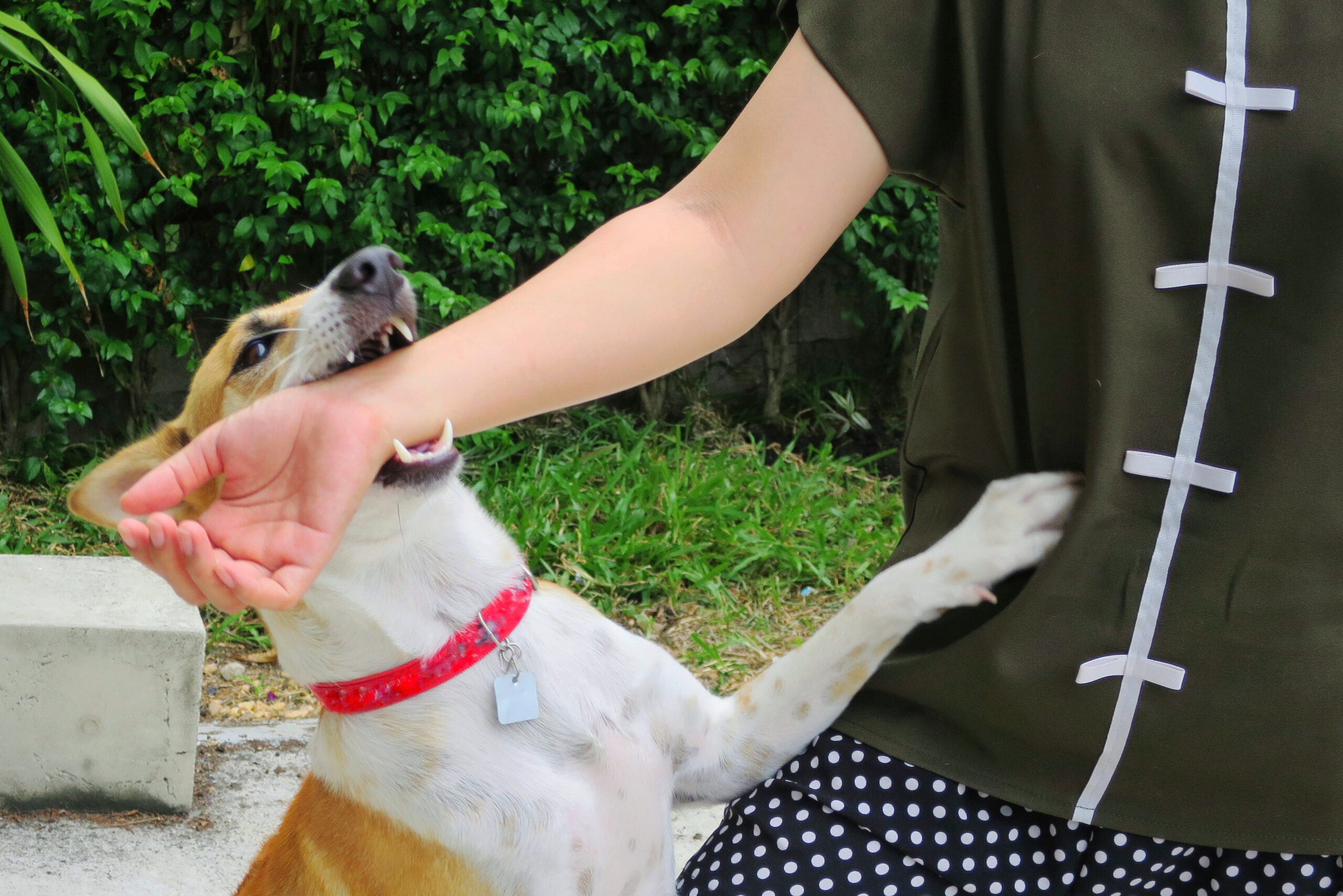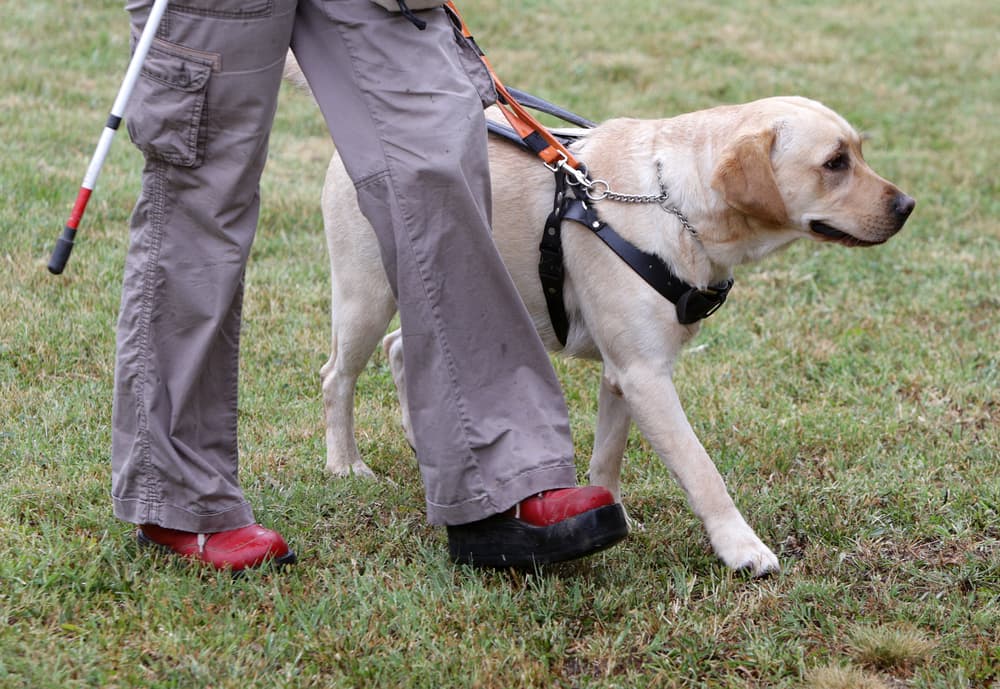In Illinois, the law holds dog owners responsible even if their dog has never shown aggression before. This is based on a legal concept called "strict liability," which means the owner is liable if their dog injures someone who was lawfully on the property and did not provoke the animal. We will explain what this means for you.
The goal is to account for every single loss, from the initial emergency room visit to the long-term emotional impact.
If you have questions about what your dog attack case might be worth, our team at Abels & Annes, P.C. is here to provide answers. Call us for a free consultation at (312) 924-7575.
Key Takeaways for Dog Attack Claims in Illinois
- Illinois law favors the victim. Under the state's "strict liability" rule, a dog owner is responsible for damages even if the dog had never been aggressive before, as long as you did not provoke the animal.
- Your claim's value includes more than just initial medical bills. Compensation covers all related costs, including future surgeries, lost income, and the non-economic impact of pain, scarring, and emotional distress.
- The owner's insurance is the primary source of recovery. Most claims are paid by a homeowners or renters insurance policy, and the policy's liability limit (typically $100,000 to $300,000) is a major factor in the final settlement amount.
What Damages Are Claimable in a Dog Bite Lawsuit?
After a dog bite attack in Chicago, the most immediate worry is the stack of medical bills. But those initial costs rarely capture the full financial and personal impact of the injury.

As time goes on, you may realize you need physical therapy, future surgery to reduce scarring, or counseling to address a new-found fear of dogs. You might be watching your savings dwindle from missed time at work. These are all losses that deserve to be accounted for. Remember, the dog owner's insurance company is a business; their goal is to resolve the claim for the lowest amount possible, which means they are not looking out for your long-term needs.
A successful claim is built by meticulously documenting two main categories of damages: economic and non-economic. Our role is to ensure that no loss, big or small, is overlooked.
Tallying the "Economic" Damages: The Measurable Costs
- Current Medical Bills: This includes everything from the ambulance ride and emergency room treatment to stitches, medication, and follow-up appointments.
- Future Medical Care: This is a forward-looking calculation. Will you need plastic surgery for scar revision? Physical therapy to regain mobility? Psychological counseling for post-traumatic stress? We work with medical professionals to project these future costs.
- Lost Wages: If you missed work during your recovery, you are entitled to claim those lost earnings. This includes salary, hourly wages, and even lost opportunities for overtime.
- Loss of Future Earning Capacity: If the injury is permanent and affects your ability to do your job in the long term—for example, a hand injury that prevents a tradesperson from working—you may claim a loss of future income.
- Other Out-of-Pocket Expenses: This may include transportation costs to medical appointments or modifications to your home needed during recovery.
Valuing the "Non-Economic" Damages: The Human Cost
- Pain and Suffering: This legal term refers to the physical pain and emotional distress you have endured. A severe injury that causes chronic pain will result in a higher valuation than a minor bite that heals quickly.
- Scarring and Disfigurement: Scars, especially on the face, hands, or other visible areas, have a lifelong impact on self-esteem and social interactions. This is a significant component of a settlement. Attacks on children that leave visible scars are valued very highly.
- Emotional Distress and Mental Anguish: This includes conditions like anxiety, depression, insomnia, and PTSD. A new phobia of dogs (cynophobia) is a common and compensable result of an attack.
- Loss of Enjoyment of Life: If the injury prevents you from participating in hobbies or activities you once loved—like playing with your children, gardening, or exercising—that loss has value.
How Does Illinois Law Impact Your Dog Bite Claim?
Understanding Illinois’s "Strict Liability" Rule
Illinois has a law that makes things more straightforward for victims. It's called the Illinois Animal Control Act (510 ILCS 5/16). Simply put, if a dog injures you without provocation while you are legally in that place, the owner is responsible for your civil damages.
This is different from a "one-bite rule" that some other states have. In Illinois, it doesn’t matter if the dog had never been aggressive before. The owner is still liable.
This law applies uniformly across Illinois, from Chicago to the surrounding suburbs.
What Does "Provocation" Mean?
The dog owner’s insurance company will conduct a thorough investigation, looking for any evidence to argue you were at fault. A common defense they use is "provocation."
In this context, provocation means tormenting, abusing, or intentionally agitating the dog. It is not typically considered provocation to pet a dog that seemed friendly, walk or jog past a property, or for a child to play near a dog.
Our role is to protect you from unfair blame. We gather evidence, including witness statements and photographs of the scene, to counter any attempts to unjustly shift fault onto you.
What if the Owner Knew Their Dog Was Dangerous?
While Illinois is a strict liability state, evidence of prior aggression is still important. If an owner knew their dog had a history of biting or aggressive behavior and did nothing to prevent another attack, it may be considered negligence.
In rare cases involving extreme recklessness by the owner, it may be possible to pursue punitive damages. This is a type of compensation designed to punish the wrongdoer, though this is not common in these types of cases.
What Factors Increase or Decrease a Settlement Amount?
Factors That Tend to Increase Claim Value
- Severity of the Injury: Deep lacerations, broken bones, nerve damage, or injuries requiring surgery will always lead to higher settlements than superficial wounds.
- Location of the Injury: Visible scarring on the face, neck, or hands typically results in higher compensation due to the long-term emotional and social impact.
- The Victim’s Age: Injuries to children and the elderly typically result in larger settlements. A scar on a young child has a longer lifetime impact, and older adults may have more difficulty recovering from injuries.
- Clear Evidence of Liability: A strong case with clear evidence (photos, witness statements, animal control reports) leaves less room for the insurance company to argue.
- High Medical Bills and Lost Income: The higher the documented economic losses, the higher the starting point for settlement negotiations.
Factors That Could Reduce Your Claim Value
- Shared Fault (Provocation): As mentioned earlier, if an insurance company successfully argues you provoked the dog, it reduces or even eliminates your ability to recover damages.
- Lack of Medical Treatment: Gaps in treatment or failing to follow a doctor's orders are used by an insurer to argue your injuries were not as serious as you claim.
- The Dog Owner’s Insurance Policy Limits: Homeowners and renters insurance policies are the most common source of recovery. These policies have liability limits, typically between $100,000 and $300,000. If your damages exceed this limit, collecting the difference directly from the dog owner is difficult unless they have significant personal assets.
Does the Dog’s Breed Affect Your Compensation?
It might, and not for the reason you think.
Under Illinois law, the breed of the dog doesn’t matter. The Animal Control Act holds the owner strictly liable if the dog bites you without provocation while you were lawfully present. Whether it was a pit bull or a poodle doesn’t change that.

But insurance policies work differently.
Most dog bite claims are paid by the dog owner’s homeowners or renters insurance, as mentioned multiple times already. In addition to policy limits, they also include something most people don’t realize until it’s too late: breed-specific exclusions. That may require help from an experienced dog bite lawyer.
This means some insurers won’t cover damages if the dog is on their blacklist. The list varies, but commonly includes:
- Pit bulls
- Rottweilers
- Doberman Pinschers
- German Shepherds
- Akitas
- Wolf hybrids
If the insurer excludes the breed that bit you, they may deny the claim entirely. Now you’re in a different situation: instead of negotiating with an insurance adjuster, you may be pursuing compensation directly from the owner. That can be far more complicated, especially if the owner doesn’t have significant assets.
This isn’t a rare issue. According to the Insurance Information Institute, more than one-third of homeowners insurance liability claims are related to dog bites and dog-related injuries. Because of that, insurers have tightened their policies over time.
So What Can Be Done If Insurance Won’t Pay?
There are other legal routes. If the dog owner is a renter and the landlord knew about the dog, and especially if the landlord knew it had a history of aggression, there may be a claim against the landlord’s insurance. This is harder to prove, but not impossible.
We also investigate:
- Whether the dog had prior reports with animal control
- Whether the owner violated local leash or confinement laws
- Whether the property owner allowed a banned breed despite knowing the risks
Every piece of information adds to the overall picture of liability. And the sooner we begin gathering that documentation, the stronger your case becomes.
If your injuries are severe and the breed is one commonly excluded from insurance, don't panic. But don’t wait, either. These are legally complex cases, and timing matters.
Frequently Asked Questions About Dog Bite Lawsuits
How long do I have to file a dog bite lawsuit in Illinois?
In Illinois, you generally have two years from the date of the injury to file a personal injury lawsuit with the help of personal injury lawyer. This is known as the statute of limitations. If you miss this deadline, you lose your right to sue.
What if I was bitten by a friend’s or family member’s dog?
This is a common concern. Remember, the claim is almost always made against their homeowners or renters insurance policy, not against them personally. The process is designed to have their insurance provider cover the damages, preventing personal financial hardship for them.
Do I need to file a police report or an animal control report?
Yes, it is highly recommended. An official report from the Chicago Police Department, Cook County Sheriff, or your local animal control agency creates a formal record of the incident. It documents the date, time, location, and parties involved, which is valuable evidence.
Can I still get compensation if the dog owner is a renter or doesn’t have insurance?
It is more challenging. If a renter has renter's insurance, that policy may provide coverage. In some cases, the property owner or landlord could potentially be held liable if they knew a dangerous dog was on the premises and did nothing. If there is no insurance, you would have to pursue compensation from the owner's personal assets.
How much does it cost to hire Abels & Annes, P.C. for a dog bite case?
We handle dog bite cases on a contingency fee basis. This means you pay us nothing upfront. We only receive a fee if we successfully recover compensation for you.
Take Control of Your Recovery
You are dealing with a difficult situation that you did not ask for, but you do not have to handle the legal and financial pressure alone. The sooner we begin documenting your injuries and preserving evidence, the stronger your case will be.

At Abels & Annes, P.C., we regularly help people in Chicago and across Illinois who have been injured in dog attacks. We understand the local laws and how to build a case that reflects the true cost of your dog bite injuries in Illinois.
You don’t need to have all the answers to make the first call. One conversation is enough to understand your rights and options.
If you’re ready to take the next step, contact us today for a free, no-obligation consultation at (312) 924-7575.


